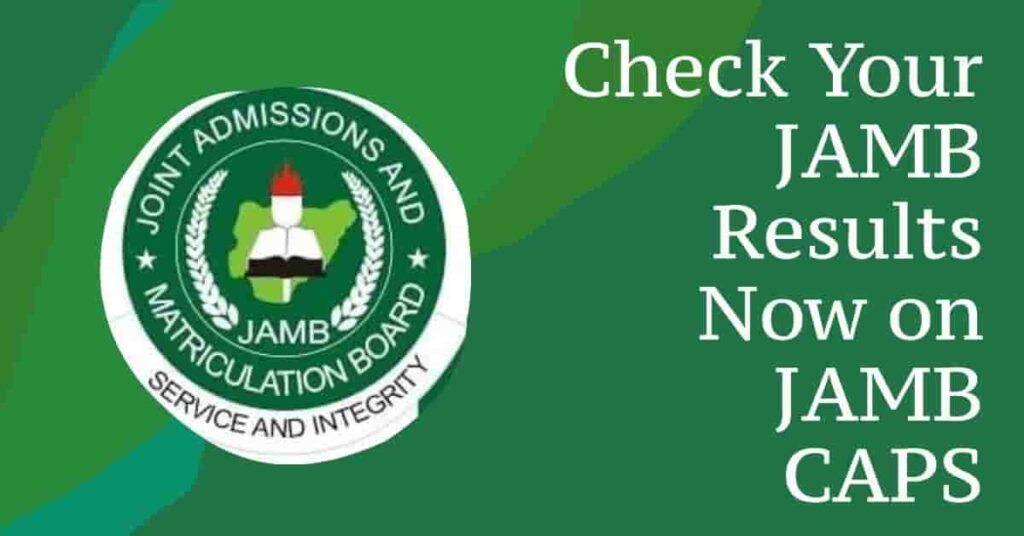The Impact of Teacher Quality on Educational Outcomes
Introduction
Quality education is essential for both personal and societal growth, and the key to this process is the quality of our teachers. At Valdymas College, we believe that effective educators profoundly impact students’ academic success and foster lifelong learning habits. Our dedicated teachers not only excel in their subject matter but also inspire curiosity and a love for learning in their students. Through their commitment to excellence, they help shape future leaders and innovators, contributing to the overall development of our community and society at large.
Components of Teacher Quality at Valdymas College
Educational Background and Training
The academic qualifications and professional training of our teachers are paramount to their effectiveness. Higher levels of education and specialized training in teaching methods directly contribute to better student outcomes, ensuring a high standard of education for all our students.
Experience
We recognize that experience is a critical factor in teacher effectiveness. Our veteran teachers excel in classroom management, instructional skills, and student engagement strategies, setting a high standard of excellence that benefits our students immensely.
Moreover, our seasoned educators continuously mentor and support newer teachers, creating a collaborative and progressive teaching community. This exchange of ideas and best practices enhances the overall quality of education we have at Valdymas College, making us a leader in academic excellence.
Ongoing Professional Development
Continuous professional development helps teachers stay updated with the latest educational research, teaching techniques, and curriculum changes. It fosters a culture of lifelong learning and adaptability among educators (Guskey, 2002).
At Valdymas College, continuous professional development is a cornerstone of our educational philosophy. By staying updated with the latest educational research, teaching techniques, and curriculum changes, our teachers are equipped to provide the highest quality education. This commitment to lifelong learning and adaptability ensures that our educators remain at the forefront of educational excellence, fostering a dynamic and progressive learning environment.
Pedagogical Skills
Effective pedagogical skills are the foundation of our high-quality teaching. Our educators excel in delivering content clearly, managing classrooms efficiently, and employing diverse instructional strategies. These essential skills ensure that our students receive the best possible education in a supportive and engaging learning environment.
Student Achievement
High-quality teachers are instrumental in improving student achievement. Studies have shown that students taught by effective teachers demonstrate higher test scores and better academic performance.
Student Motivation and Engagement
Effective teachers inspire and motivate students, fostering a positive attitude towards learning. Engaged students are more likely to participate actively in class, complete assignments, and pursue further education.
Long-term Educational Attainment
The influence of high-quality teaching extends beyond immediate academic results. Students who experience effective teaching are more likely to graduate from high school, attend college, and achieve higher earnings in their careers .
Strategies for Enhancing Teacher Quality
Rigorous Teacher Preparation Programs
Implementing comprehensive teacher preparation programs that combine theoretical knowledge with practical experience is essential. Such programs should include extensive classroom practice under the guidance of experienced mentors (Cochran-Smith & Zeichner, 2005).
Mentorship and Induction Programs
Providing new teachers with mentorship and induction programs helps them transition smoothly into the profession. Experienced mentors can offer support, feedback, and guidance, enhancing the effectiveness of novice teachers.
Ongoing Professional Development
Schools should invest in continuous professional development opportunities, including workshops, conferences, and online courses. These programs should focus on current educational trends, new teaching methodologies, and subject-specific knowledge .
Collaborative Learning Communities
Encouraging teachers to participate in collaborative learning communities, such as professional learning communities (PLCs), can foster peer support and shared best practices. These communities promote a culture of continuous improvement and collective responsibility.
Performance-Based Evaluations
Implementing performance-based evaluations that consider student achievement, classroom observations, and teacher self-assessments can provide valuable insights into teacher effectiveness. These evaluations should be used to inform professional development and career advancement opportunities (Papay, 2012).



